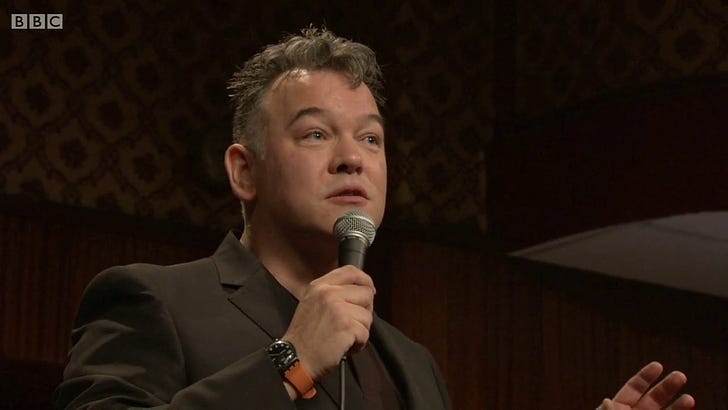Philosophers have been puzzled by the fact that sorrow fades. If one form of grief responds to the death of someone you love—not its impact on your relationship—then shouldn’t you grieve forever? The significance of their death for them does not diminish. And it’s not about you.
The puzzle is not merely intellectual: it can be emotionally fraught.
Our dread of a future in which we must forego the sight of faces and the sound of voices which we love and from which today we derive our dearest joy, this dread, far from being dissipated, is intensified, if to the pain of such a privation we feel that there will be added what seems to us now in anticipation more painful still: not to feel it as a pain at all—to remain indifferent… (Marcel Proust, In Search of Lost Time)
I wrote about this puzzle in Life is Hard, arguing that it turns on the nature of grief as an open-ended process, undetermined by reason, and that practices of mourning guide us where reason can’t.
Grief is not my topic here…
Keep reading with a 7-day free trial
Subscribe to Under the Net to keep reading this post and get 7 days of free access to the full post archives.



